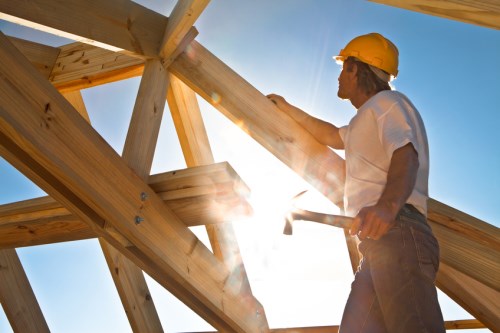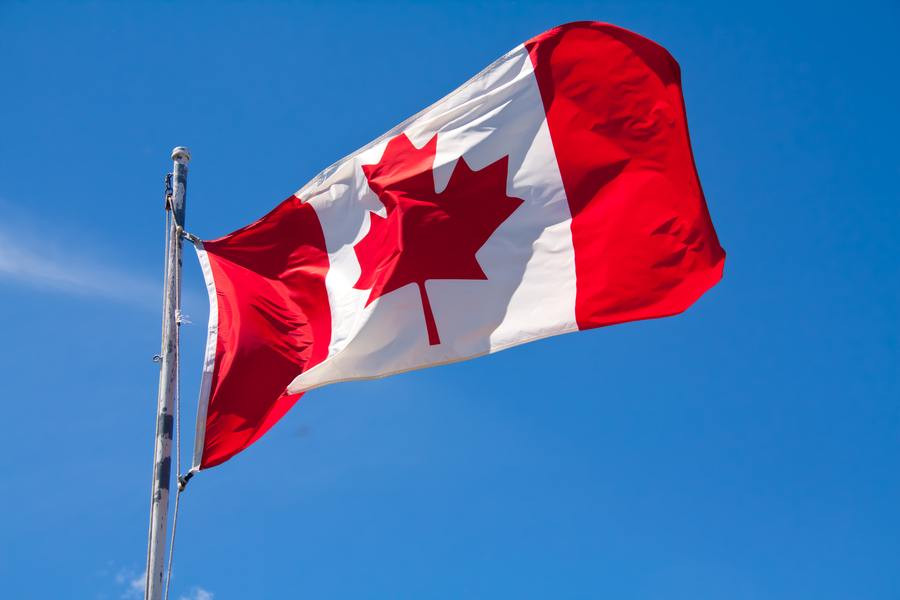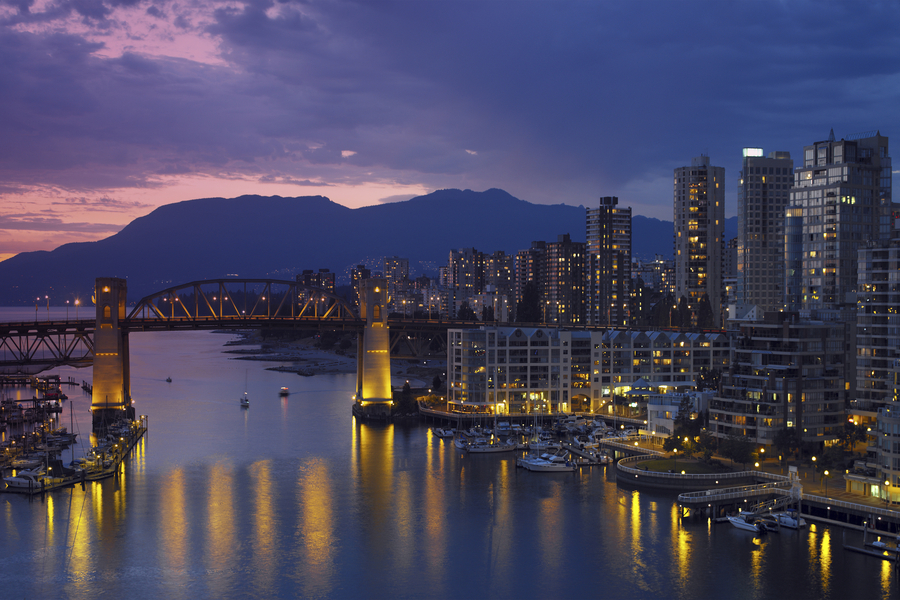Last Updated on October 24, 2023 by Neil Sharma
The cost of building in Vancouver is higher than anywhere else in the country, and according to two of the city’s builders, the provincial NDP government could have addressed it in its budget, but didn’t.
Jason Turcotte, vice president, development at Cressey Development Group, says issues surrounding trades are to blame, and added that attracting new trades to the city is difficult because of exorbitant housing costs.
“There’s the shortage of [housing] supply,” he said. “There’s been a lot going on for quite a few years now and the trades are busy. Attracting new labour is difficult because the cost of housing is very expensive. Consequently, the labour you have lives a long ways away from where the new construction is happening, particularly with the high-rise stuff, and the traffic horrible. Commuting can take hours.”
B.C.’s NDP government last month unveiled its budget, which Turcotte excoriates for not addressing the root of the problem.
“There was very little in that budget announcement to generate economic activity of any nature. Increase the supply as a way of combatting high housing costs. If you’re going to increase supply in a market extremely strained for talent, you can loosen up the purse strings to get projects approved faster and get them funded—that’s great, but there’s no one there to build them. So we need to increase the number of skilled trades and, unfortunately, the budget did little on that front.”
Jim Davidson, president of Davidson Walker Construction, a Vancouver- based custom home builder, agreed with Turcotte’s assessment.
“Right now, the issue of available highly skilled trades people we need for our work is definitely a problem,” he said. “We need to make sure the people that work for Davidson Walker are highly trained and we must pay competitively to retain those workers, so our wage costs have been increasing quite steadily, and as Vancouver becomes a more expensive city to live in, it’s a vicious cycle. It’s harder for a tradesman to live closer to where we need them to work.”
On a municipal level, Vancouver’s building code is becoming greener by the day, it seems, and Davidson says that’s reflected in escalating building costs.
“It’s true that buildings are better built and more energy efficient, and more complicated than they’ve ever been, but all of that has a cost to it,” he said. “In Vancouver, changes to the building code around energy efficiency has been happening at a very rapid rate over the last five years or so, and City Hall staff are not given much time to implement major code changes before other sweeping bylaw changes. It’s also difficult for the architectural profession, in particular, to obtain permits in a timely fashion.”
Turcotte says recalibrating developments to become more eco-friendly can add as many as eight months onto the construction of a high-rise development. However, a positive development is the federal government’s push to grow the number of tradeswomen.
“It’s certainty great and women make up a very strong percentage more than, say, 20 years ago,” said Turcotte. “It’s remarkable how many women are on construction sites. It’s great but I was hoping our provincial government here in B.C., with the recent budget, would do things to encourage trades. I thought there was an opportunity to encourage trades.”
Neil Sharma is the Editor-In-Chief of Canadian Real Estate Wealth and Real Estate Professional. As a journalist, he has covered Canada’s housing market for the Toronto Star, Toronto Sun, National Post, and other publications, specializing in everything from market trends to mortgage and investment advice. He can be reached at neil@crewmedia.ca.









